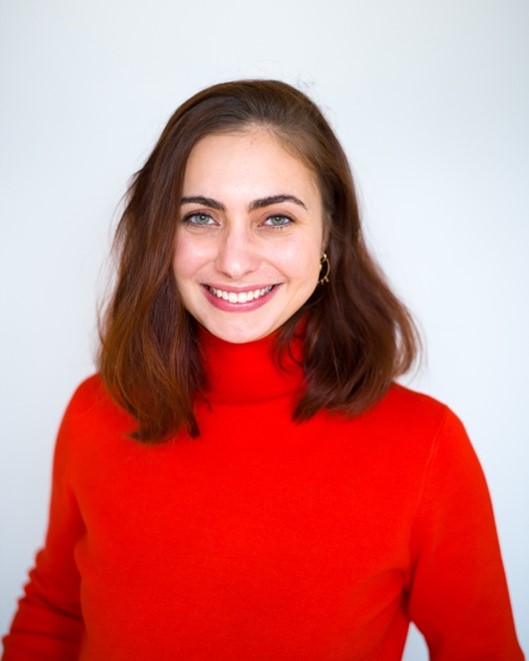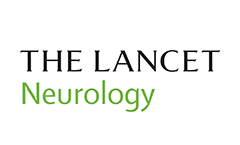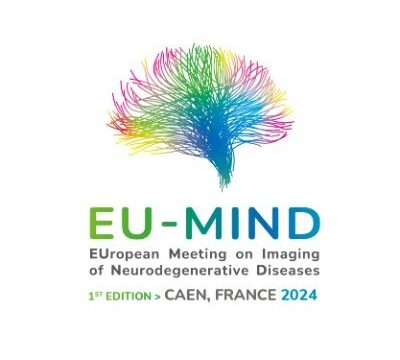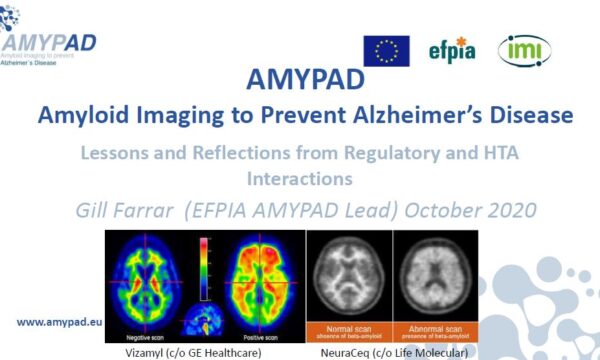Tell us a bit about you and the institution you work for
Following studies in biomedical engineering, I started a PhD in 2020 at University College London with Frederik Barkhof and in collaboration with Gill Farrar at GE Healthcare. I therefore soon joined AMYPAD.
My research focuses on deepening our understanding of the biological and technical factors that introduce variability in PET measurements of amyloid and tau burden, with the aim to improve our ability to capture Alzheimer’s disease progression over time.
Although being based in London, I had the opportunity to join the Amsterdam VUmc team for 4 months and work more closely with my Amsterdam colleagues, which has been thoroughly enjoyable!
Could you tell us a bit about your work and your role on AMYPAD?
Within AMYPAD, my work spans from PET methodological optimisation to more clinical applications and their regulatory aspects, primarily using data from the Prognostic and Natural History Study (PNHS).
On the technical side, I am currently processing the PNHS dataset with AMYPAD’s own high accuracy quantification software AmyPET. I also work on analysing trajectories of amyloid accumulation over time to further support clinical trial designs that are now more focused on early intervention. Finally, I was also involved in the Biomarker Qualification Opinion submission to the European Medicines Agency, which aims to validate the Centiloid scale – a tracer-independent amyloid metric – and facilitate its use in routine practice and clinical trials.
AMYPAD was a collaborative research initiative. What has been your experience as a young researcher of working on such a large public-private partnership?
It’s been great! I was pleasantly surprised by the synergistic dynamic of the public-private partnership. Despite each party’s personal interest, it’s an extremely collaborative and multicultural environment which brings together individuals from diverse professional backgrounds and leverages their wide-ranging expertise to advance Alzheimer’s disease research.



